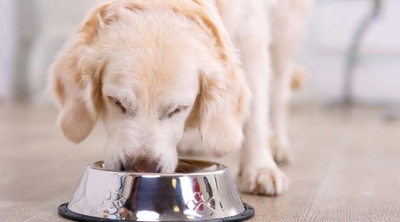What is a pet security deposit?
2 min read
If you’re renting a home with pets, your landlord may require you to pay a pet deposit separate from your security deposit. Landlords can then use the money to pay for any pet-related damage.
Why do landlords charge pet deposits?
Because pets pose some risks to a landlord, they often require security deposits for pets. These incentivize tenants to clean up after their animals and take proactive steps to prevent them from damaging the rental. They also give landlords peace of mind, knowing they can use the money to pay for pet damage, if necessary. If you have a service animal, your landlord can’t charge a pet deposit — federal law prohibits it.
According to the Federal Fair Housing Act, the Department of Housing and Urban Development (HUD) does not consider service animals to be pets because they assist with their owner’s physical or mental health disabilities.
How much is a pet deposit?
It depends. Several factors can affect how much a landlord charges.
Where you live
Laws governing how much a landlord can charge vary by state. For example, some states only allow landlords to charge up to one month’s rent, and others have no limit.
The landlord and property
Landlords typically have the discretion to decide how much to charge for a pet security deposit — so long as they operate within the law.
The type/size of your pet
You may have to pay more for animals that can cause more damage.
Do you get your pet deposit back when your lease is up?
It depends on how much damage your pet causes during your stay. You should get your full deposit back when your lease is up if there’s no damage. However, if there are pet stains, torn carpet, or other damage, your landlord can use part or all of the deposit for repairs. Some states allow landlords to charge a non-refundable pet fee instead of a security deposit for pets. If your landlord charges a fee, you won’t get it back when you move out — regardless of whether your pet damages the property.
Renters insurance may protect your property and assets if you live in a rental unit. Learn more about how renters insurance covers pets.






